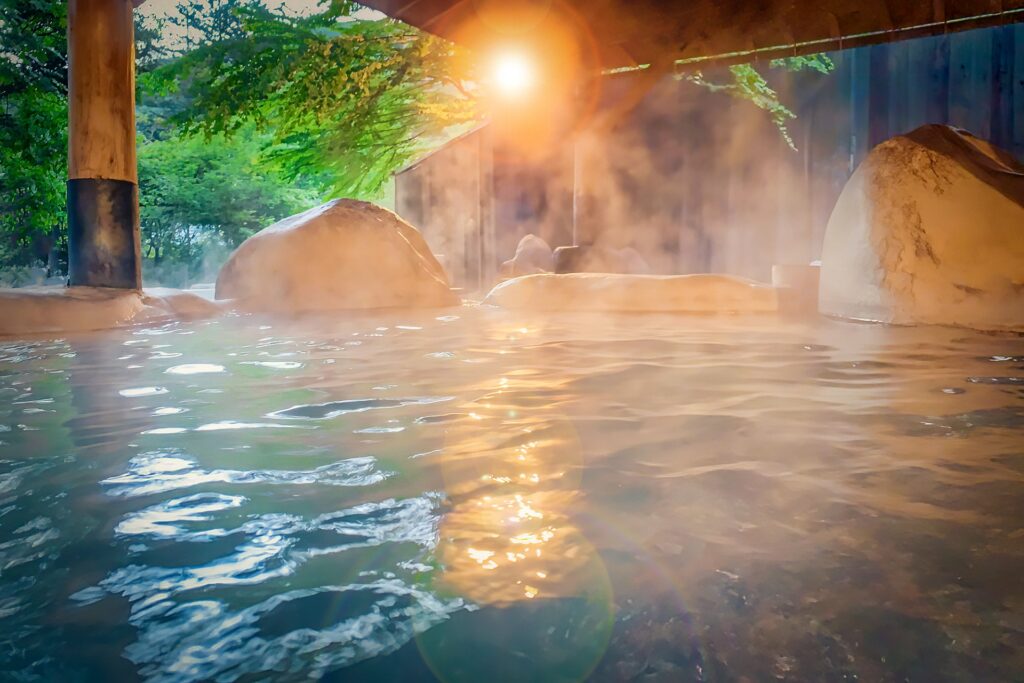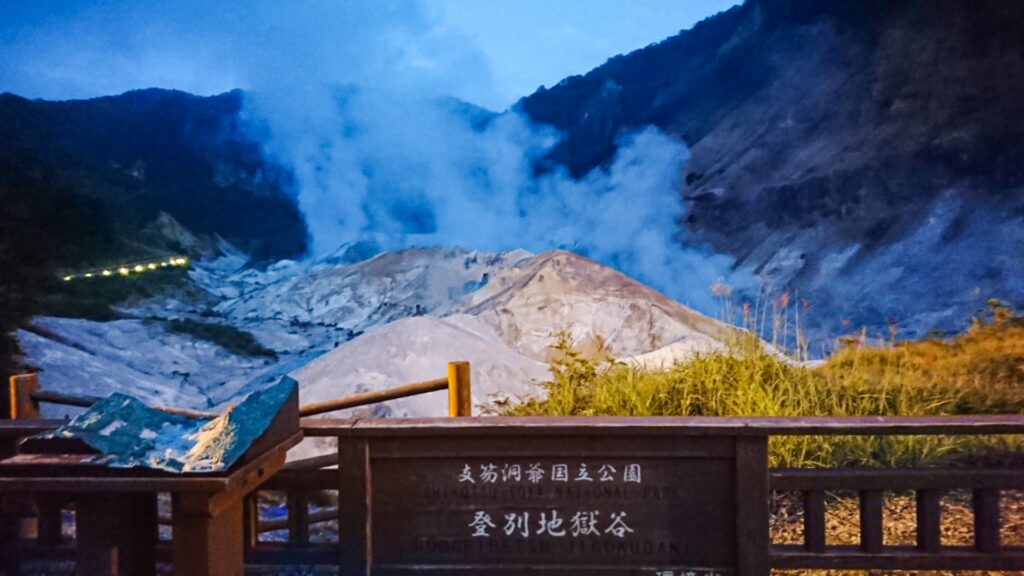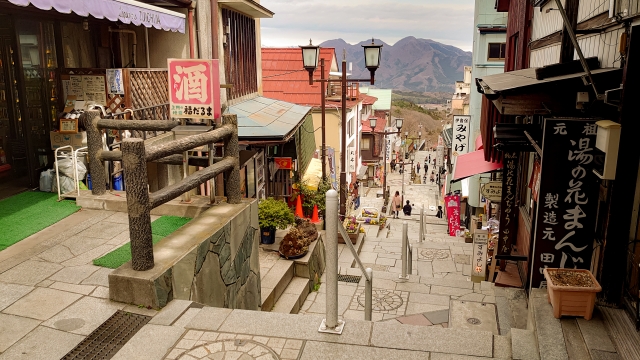The Charm of Hot Springs

Hot springs have existed in Japan since ancient times, and many people visit them to experience their healing and therapeutic effects. Hot springs are deeply connected to Japanese culture and history, and each region has its own unique features, providing new discoveries with every visit.
History of Hot Springs in Japan
The history of hot springs in Japan is ancient and even appears in Japanese mythology. In the Heian period, hot spring resorts were already thriving, and in the medieval period, hot springs began to be used as part of medical treatment. In the Edo period, hot springs became popular among the common people, and hot spring travel became fashionable.
Diversity of Hot Springs Resorts
There are over 3,000 hot spring resorts in Japan, each with its own unique characteristics. These include quiet mountain hot springs, open hot springs facing the sea, and convenient hot springs located in urban areas.
Therapeutic Effects of Hot Springs
Hot springs offer various therapeutic effects such as relaxation, skin rejuvenation, relief from muscle and joint pain, and more. The effectiveness of hot springs varies depending on the minerals and temperature of the water.
Recommended Hot Springs Prefectures
While Japan has many wonderful hot springs, here are some recommended prefectures:
Hokkaido
Hokkaido has many hot springs surrounded by vast nature.
Noboribetsu Hot Springs

Located in Hokkaido, Noboribetsu Hot Springs is a popular destination known for its unique landscape called “Jigokudani” or “Hell Valley,” where hot springs, volcanic activity, and the smell of sulfur create an otherworldly experience.
Sapporo Yubari Onsen
This hot spring is located within Sapporo city and offers a relaxing escape from the urban hustle and bustle. Visitors can soak in the mineral-rich water while enjoying the view of the cityscape.
Aomori
Aomori is known for its abundant natural hot springs.
Aomori Hot Spring Village
Located near Aomori city, this hot spring resort offers stunning views of the four seasons.
Oirase Hot Springs
Surrounded by forests, Oirase Hot Springs is a quiet and peaceful hot spring resort, perfect for relaxation.
Niigata
Niigata is home to many hot springs surrounded by beautiful nature.
Kusatsu Hot Springs
One of the most famous hot springs in Japan, Kusatsu is home to historic inns and public baths.
Yudanaka Hot Springs
Located in the mountains, Yudanaka Hot Springs is a tranquil hot spring resort where visitors can relax and unwind.
Ishikawa
Ishikawa is known for its history and hot springs.
Kaga Hot Spring Village
One of the “Three Ancient Springs of Japan,” Kaga is a historic hot spring resort.
Noto Peninsula Hot Springs
The Noto Peninsula has hot springs facing the sea and hot springs nestled in the mountains, offering stunning views.
Oita
Oita is a hot spring prefecture located in the Kyushu region, with many hot spring resorts.
Beppu Hot Springs
One of the most famous hot springs in Japan, Beppu is known for its “Hell Tour” and “Hell Steam Cuisine.”
Yufuin Hot Springs
A popular hot spring resort within Oita, Yufuin is known for its beautiful scenery and unique inns.
Kagoshima
Located at the southern tip of Kyushu, Kagoshima has unique hot springs.
Ibusuki Hot Springs
Located by the sea, Ibusuki is known for its unique “sand baths.”
Yakushima Hot Springs
Yakushima is a UNESCO World Heritage Site and has hot springs surrounded by nature.
Enjoying a Hot Springs Trip
A hot springs trip offers various enjoyable experiences.
Unique Inns and Hotels
Each hot spring resort has unique inns and hotels with different atmospheres, providing diverse experiences.
Local Cuisine
Local cuisine is one of the highlights of a hot springs trip. Visitors can enjoy delicious dishes made with local ingredients and specialties.
Activities at Hot Springs Resorts
There are many activities to enjoy at hot springs resorts, including hiking, sightseeing, and outdoor activities. Visitors can also participate in traditional cultural experiences such as tea ceremonies and wearing yukata.
Etiquette for Hot Springs Experience
There are some important points to keep in mind when enjoying hot springs.
Hot Springs Etiquette
It is important to observe hot springs etiquette and avoid disturbing others by keeping noise to a minimum, washing the body before entering the bath, and not floating towels in the bath.
Effective Hot Springs Bathing
To fully experience the therapeutic effects of hot springs, it is recommended to first get used to the temperature of the water outside the bath before slowly immersing the body. It is also important to not stay in the bath for too long and to take breaks when necessary.
Summary
Hot springs in Japan offer a unique opportunity to experience the country’s natural beauty, culture, and history. A hot springs trip provides relaxation, therapeutic benefits, delicious cuisine, and various activities. Visitors can enjoy the hot springs experience by observing proper etiquette and taking advantage of the different bathing techniques.
FAQ
Q: How long has hot springs been a part of Japan’s culture? A: Hot springs have been a part of Japan’s culture for a long time, with mentions in Japanese mythology and a rise in popularity during the Heian period.
Q: What are the benefits of hot springs? A: Hot springs offer various benefits, including relaxation, improved skin condition, and relief from muscle and joint pain. The effects may vary depending on the temperature and components of the water.
Q: What kind of activities can be enjoyed at hot springs resorts? A: Activities at hot springs resorts include hiking, sightseeing, outdoor activities, and cultural experiences such as tea ceremonies and yukata wearing.
Q: What is the proper etiquette for enjoying hot springs? A: Proper hot springs etiquette includes observing quietness, washing the body before entering the bath, and not floating towels in the bath.
Q: What is an effective way to bathe in hot springs? A: To fully experience the therapeutic effects of hot springs, it is recommended to first get used to the water temperature outside the bath before slowly immersing the body. It is also important to not stay in the bath for too long and to take breaks when necessary.
In summary, hot springs in Japan offer a unique experience for visitors to relax, enjoy delicious cuisine, and explore cultural activities. Proper etiquette and effective bathing techniques can enhance the therapeutic benefits of hot springs.

コメントを残す